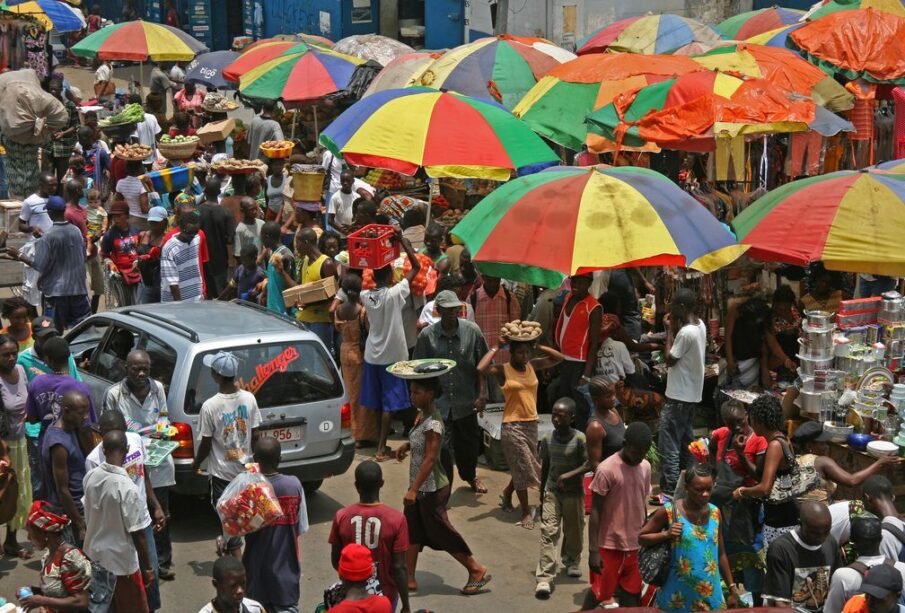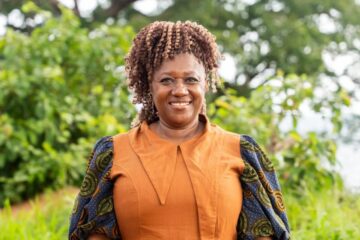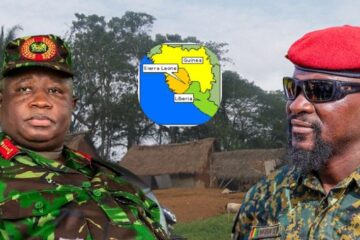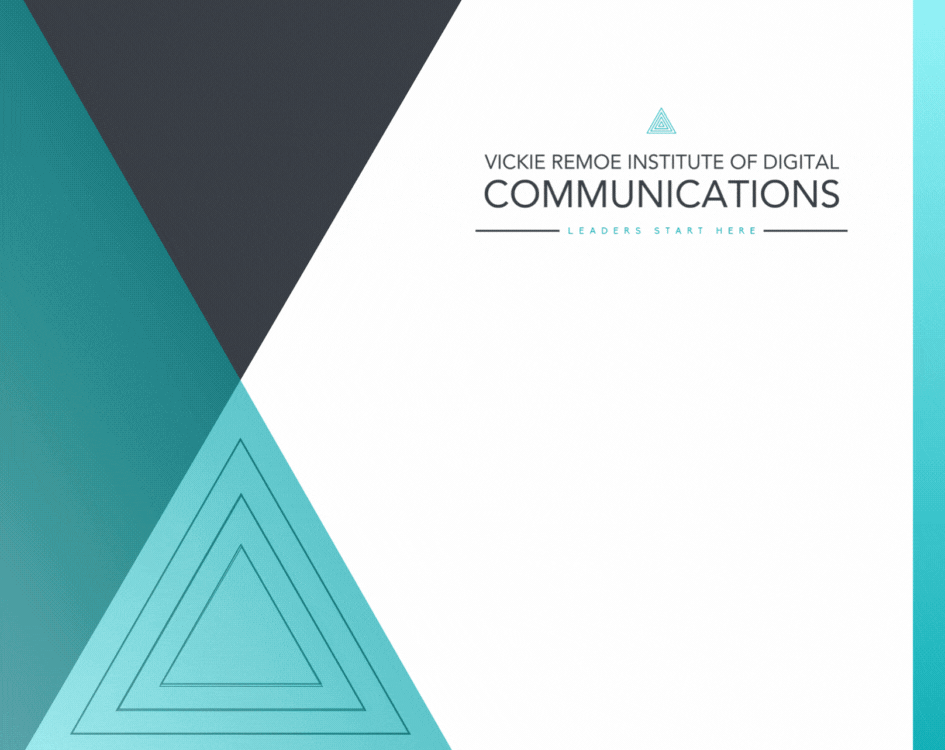World Bank Warns of Economic Slow Down in Sierra Leone

Sierra Leone’s economy is going through a difficult period as both local and global pressures continue to affect growth, according to the new World Bank Economic Update.
The report says the country is still struggling with loose fiscal policies, rising debt, weak financial management, and a private sector that is not strong enough to create enough jobs.
Economic growth slowed down in 2024, dropping from 5.7% in 2023 to 4.3%. This decline was mainly caused by the poor performance of the mining sector, especially iron ore exports. China, Sierra Leone’s biggest buyer of iron ore, reduced its demand, while global prices also fell sharply.
As a result, mining growth dropped from 48% to just 7.8%. Production of rutile, bauxite, and zircon also fell by 65%, although iron ore production itself rose by 78%, showing mixed performance within the sector.
Despite the challenges in mining, Sierra Leone recorded positive growth in agriculture. The agricultural sector grew by 3.8%, the highest since 2019. This improvement was supported by good rainfall and the government’s Feed Salone program, which provided farmers with seeds, fertilizers, and machinery for more modern farming.
The report says this growth shows that agriculture could help the country improve food security and create more jobs if more investment and attention are given to the sector.
The World Bank warns that the country’s economic stability is still at risk. Foreign reserves continue to fall, making Sierra Leone more vulnerable to external shocks. Weak financial management and a heavy reliance on domestic borrowing also limit the government’s ability to respond to economic pressures.
The private sector remains small, held back by limited access to finance, high electricity costs, land access difficulties, and slow regulatory processes.
Looking ahead, economic growth is expected to slow slightly to 4.3% in 2025, before rising again to 4.6% by 2027.
The expected recovery will come from stronger agriculture, mining expansions, and steady growth in the services sector. But the report warns that global market uncertainties, climate risks, and health shocks could easily disrupt this progress.
The fiscal deficit is expected to narrow to 4.2% in 2025, but public debt remains at high risk. The World Bank says Sierra Leone needs stronger and more credible spending controls to avoid further economic instability.
Overall, the report highlights a clear message: the fall in global mineral prices shows how vulnerable Sierra Leone’s economy is to external shocks. But the growth in agriculture proves that the country has the potential to build a more stable and diversified economy if the right investments are made.










